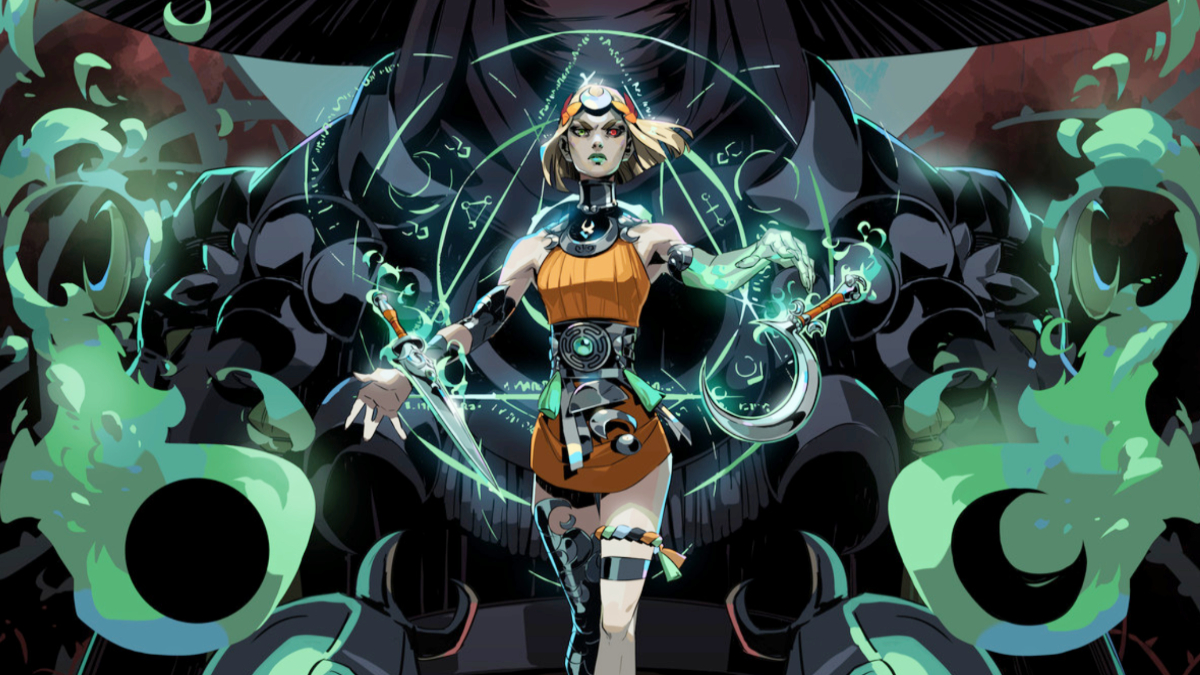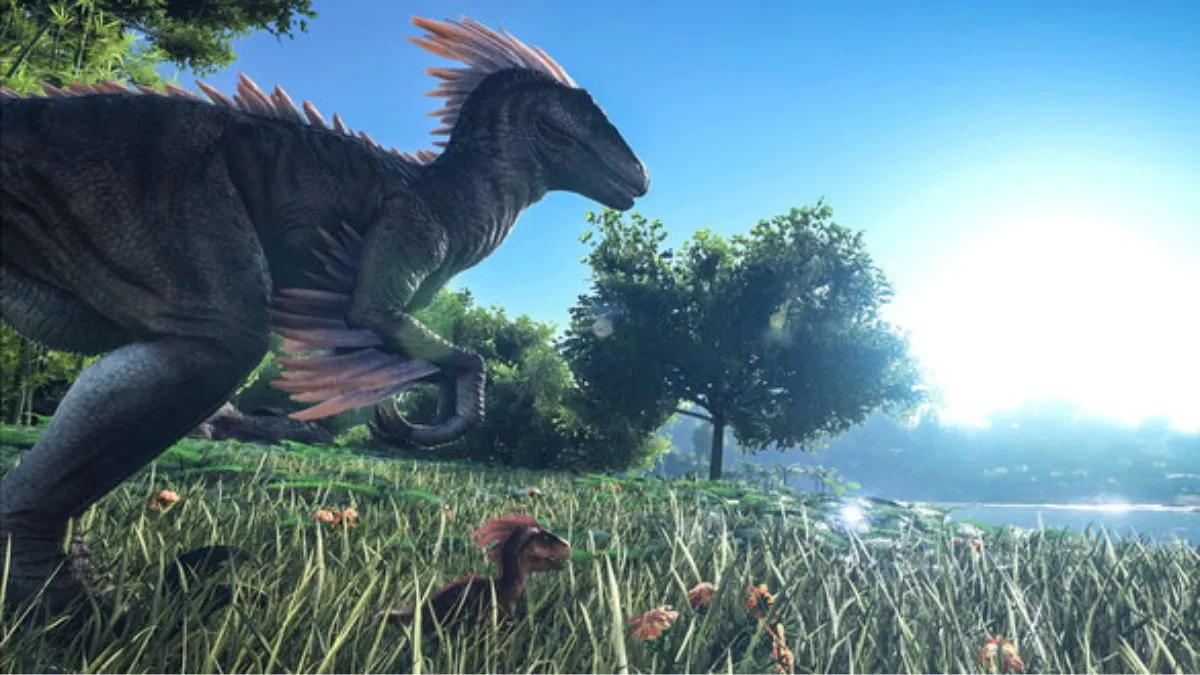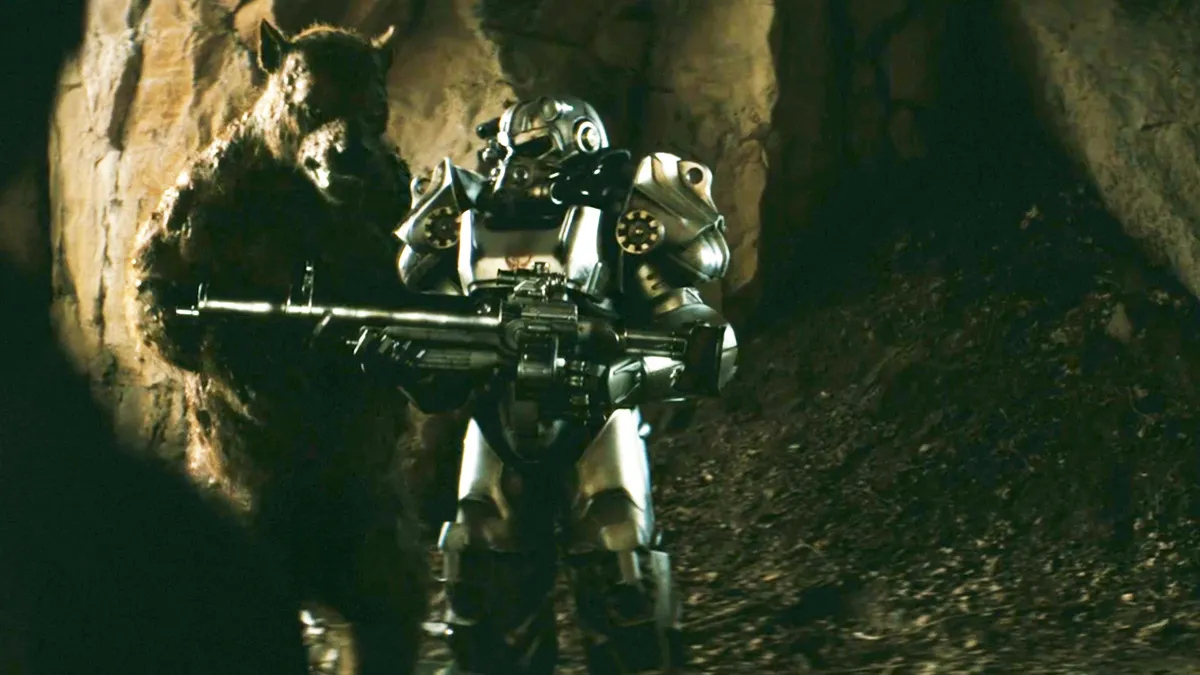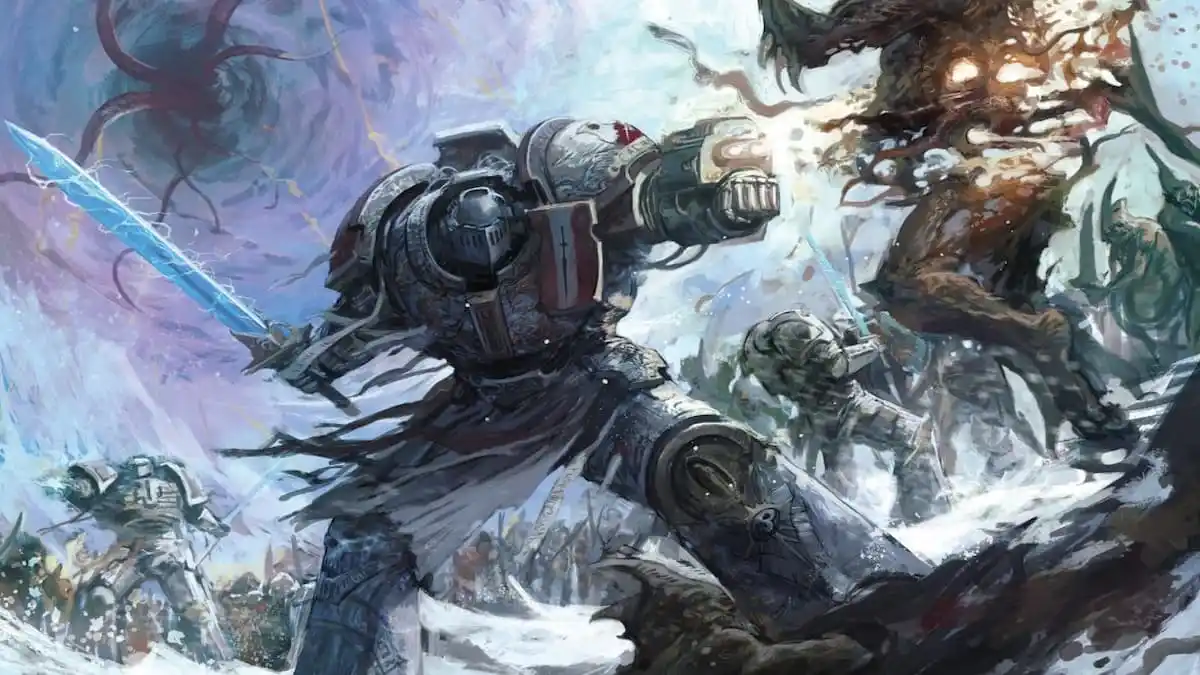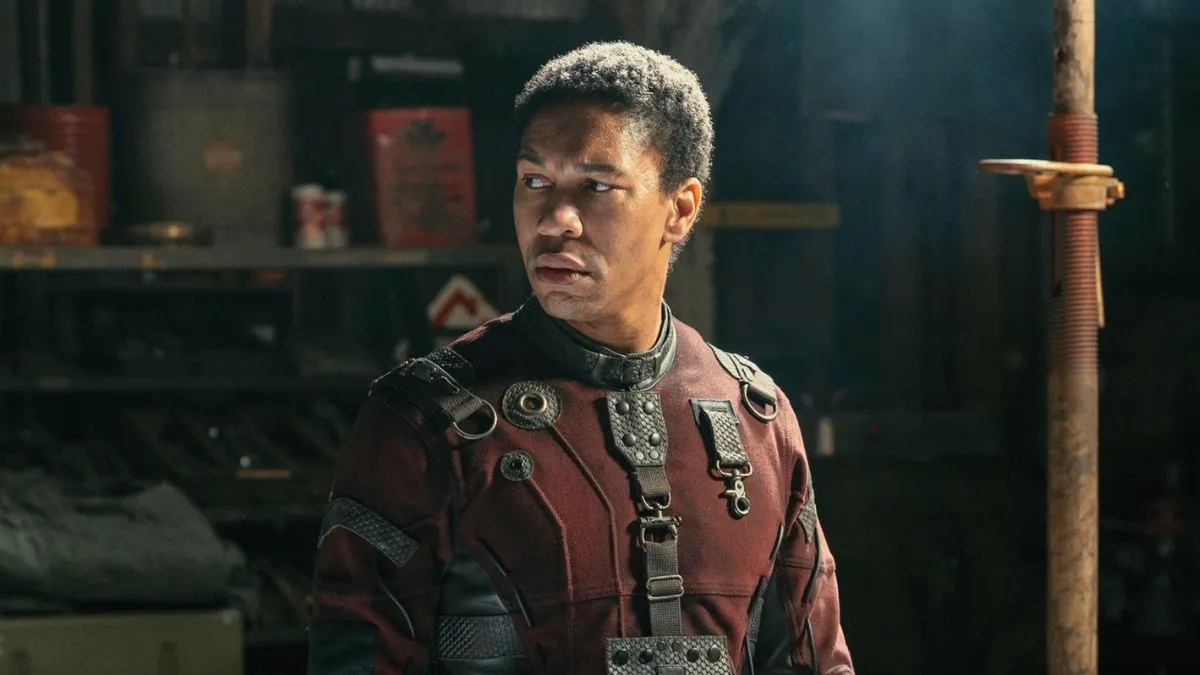
There are very few games in a lifetime that achieve such a level of success that it’s regarded great universally among three different games and five years worth of game releases. It takes a truly great franchise to be so great, that each release in the series has Game of the Year buzz surrounding it. These are the games we’ll remember for the rest of our lives. These are the games they’ll be talking about for decades, joining the ranks of even Super Mario, Final Fantasy, Mega Man, Legend of Zelda among others in the unwritten video game hall of fame. Mass Effect arguably fits among these names.
However, even after the surrounding controversy of being backed by the questionably evil EA, the legions of fans rebelling against the writers of BioWare and the backlash of day-one DLC, a first for the Mass Effect franchise, can BioWare still pull off the hat trick and make a perfect trilogy?
The galaxy is in trouble. Coming back only a few months after the events of Mass Effect 2 and its subsequent DLC chapters, Commander Shepard has been grounded after his involvement with Cerberus while trying to destroy the Collectors. However, as Shepard has warned, it seems the Reapers, an ancient race of sentient machines the size of skyscrapers, have begun to attack all organic life in the galaxy. Shepard, being a sensible and valuable person, gives the governments of the universe the proverbial “I told you so” and is thrust into the conflict with the Reapers, given that no one on any planet knows anything nearly as much about them as Shepard does.
The only hope is to unite the races across the entire galaxy, however this is much easier said than done. The Krogans hate the Salarians for the Genophage, the Geth and the Quarians are at war, the Asari are much too busy being full of themselves and the Turians are much too busy being awesome. Not only is Shepard challenged with somehow uniting the various races with millennium old grudges, but he (or she, if you swing that way,) must also find the resources to build the Crucible, an ancient weapon that was never finished by the Protheans, the last race to be brought up against the Reapers, and fail.

One of the greatest draws of any of the Mass Effect games is the story, and the brilliant storytelling is still present. While the overall premise of man vs. machine or an ancient race coming back to purge all life won’t win any awards for originality, it’s the details that make the narrative really shine. You likely never really cared about characters in a Call of Duty game or a Super Mario game outside of what’s actually happening during the game, but BioWare has done a masterful job of creating personalities and backstories for each character, some newcomers, others that have a part in the story.
Aside from the obvious cutscenes, the story is mainly progressed through BioWare’s legendary dialogue wheel. Parts in the conversations will prompt for a player to tell Shepard what to say. This shapes what kind of character you want Shepard to be. He can be an angelic goody-two-shoes who helps everyone and loves everything, a neutral, boring individual who just wants to get by, or, my favorite, a complete and total space jerk.
Of course your decisions, both big and small, mold the story into something that is truly unique and identifiable to each and every gamer who plays it. While the overall story remains roughly the same for continuity purposes, because of the various choices and decisions over the course of the entire series, even the beginning of Mass Effect 3 will be a representation of everything that individual gamer believes in.
This does come at a cost, however. Unless you’ve been in complete spoiler-safety mode, (which you should be with a game like Mass Effect), you’ve likely seen that the internet is on fire with rage for the way the game, and subsequently the entire trilogy, has ended. I’m obviously not going to give anything away here, but I don’t see what the problem is. I think the way the game is concluded is very fair and, honestly, expected. The series is about tough decisions, so it’s only natural that the final moment of one of the most memorable game series in history follows through, for the most part. I understand why a shockingly large amount of people are upset, but I think it’s eased a little bit when you look at the big picture. Don’t rely on your gut reaction when you first finish the game. Take a bit and think about things. It’s entirely possible that a patch or something will be release later on adding just a little bit of footage at the very end to close things up. There really isn’t much else needed, after all.
That being said, finishing the game clocked me in at roughly 28 hours and change, finishing the story and as many side missions as humanly possible. While that’s technically the shortest in the series, considering the series is made up of incredibly deep RPGs, that’s not exactly an insult.

What I wish was structured differently was a majority of the side quests. Whereas many of the side quests in previous games focused on the backstories of the various characters on your crew or had some very important story aspect parallel to the main story. While some of these kinds of missions are still present, most of the side quests are nothing short of fetch quests, and they’re recorded in the most idiotic way ever.
You see, while exploring the Citadel, as you often will given it’s habit of being the center of absolutely everything, you’ll overhear people talking to each other about certain objects that’ll help boost morale for a certain race or provide a special bonus for the Crucible or something. Without any actual context of why these artifacts are important, a quest will find its way into your log, tasking you with searching out and finding whatever it is, usually some artifact that manes quite a bit to whatever race wants it, but absolutely nothing to you. Finding the object in question involves traversing the galaxy and scanning planets, which is thankfully much less tedious than it was in the previous game. What results is the inevitable wave of gathering a ton of fetch quests on the Citadel, finishing at many of them as possible whilst going out to do other, more important quests, and eventually returning to turn in potentially a dozen useless quests while simultaneously picking up even more quests and restarting the cycle.
Granted, these aren’t terribly crucial missions. They’re annoyance actually sort of fits with the fact that you’re trying to, you know, save every organic being in the entire galaxy. Everything else just seems like a distraction or waste of time. However, if you do finish these fetch quests, you’ll earn war assets, something you’ll quickly find crucial if you want a better ending.

War assets are various fleets, weapons, squadrons, tools and other various useful war items that are being stockpiled up at the Citadel for the inevitable final battle with the Reapers. These assets are earned for just about everything you can do in the game. You earn them for completing main missions, for doing side quests, for doing fetch quests, for scanning planets and even simply talking with people. These war assets are the key to how well you want your Mass Effect experience to come to a close. These war assets add to a bar on the Normandy’s war room. Depending on how high up on that bar you get, you earn a “better” ending. There are a total of 16 different endings in Mass Effect 3, so seeing all of them means playing through more than once with differing levels of being prepared.
The heart of the gameplay is a happy mix of the first two games. While the first game was more of a slow paced RPG with shooter combat, the second game quickened the pace a bit with more focus on third-person shooter mechanics and less focus on the actual leveling up of your characters. Mass Effect 3 presents players with a few different difficulty options. Aside from choosing your classic casual, normal, insanity, etc., players are also encouraged to choose between action, narrative or RPG, which focus on the combat, story and a traditional Mass Effect experience, respectively. Choosing RPG is really the only way to play the game the way it was meant to be played, but those who want an emphasis on gameplay with story decisions made automatically can choose action, or those who want an easier time with combat just to enjoy the story can choose narrative.
The combat itself is more akin to the fast-paced shooting of the second game, with some added sprinkles. In addition to the cover system, you now have unlimited sprint, certain dodging movies, melee attacks and executions, among others. Call it Gears of Mass Effect all you want, it works well and the gameplay is fun and addictive.
However, in a pleasant surprise, the heavier RPG elements from the first game make a return, and are deeper than ever. As opposed to the simple weapons, armor and ability system that was featured in the last game, players can now fine tune their weapons by purchasing upgrades and mods and use it in the admittedly light customization options on a weapon bench.

The same can be said of armor. While the previous game saw players simply choose a set of armor and maybe tweak the helmet or shoulder pads a bit with no added practical function, everything is much more complex in Mass Effect 3. Chest pieces, helmets, shoulder pads, greaves and more can all be mixed and matched to tweak different bonuses to the likes of health, damage and efficiency. There’s a surprising amount of variety in the equipment now, which is a plus since there was an extreme lack of it in the previous game.
Abilities previously didn’t have very much variety either. Although you could allocate points to certain abilities, everything was fairly linear. Now powers have branching paths once you work an ability past level 3. While leveling up your frag grenade as a soldier class, do you choose increased damage or an increased blast radius? While leveling up your biotic powers do you choose a shorter recharge time or a farther range? The choice is ultimately yours, and it should be noted that you can have your points literally surgically removed if you want to restructure everything. All of that goes for both you and your party members.
It should be noted that the 360 version of the game has some light Kinect support. While this doesn’t mean you’ll be stabbing and shootings dudes with Microsoft’s favorite game control tool, it does enable voice commands for your squad during combat and during conversations. It’s a bit awkward saying something that’s nothing close to what Shepard actually says in conversations, but the flow of battle can be quickened significantly once you know all the commands. The novelty, for me, wore off pretty quickly, however.
Of course the biggest addition to the Mass Effect franchise is the addition of multiplayer to what has always been a primarily single player game. Multiplayer, entitled Galaxy At War, puts four players into a situation not unlike Gears of War’s Horde Mode. The players must survive wave after wave of enemies in order to rack up points, which ultimately translate into experience for your multiplayer characters, money to buy new weapons and races, and even help in your single player game in the fight against the Reapers.
Considering the multiplayer was mostly dismissed early on as a potential waste of time, especially considering it’s not required to get the best ending in the game, the mode is actually quite fun. The various objectives, ranging from killing all the enemies on the map to holding certain points for a certain time limit to activating a series of beacons spread on the map, is actually quite challenging and a great time. It’s all entirely co-op, although you can obviously brag to each other about who racks up more points during a given round or match.

Even Mass Effect’s customization makes its way to multiplayer, although admittedly not quite as deep. You can still change around what race you are, unlocked weapons, certain appearance options and level up characters per class, which is more than I personally expected from a multiplayer component that, as I said, many dismissed since Mass Effect is primarily a single player game.
Your points go to abilities, and your earned credits go towards buying mystery packs which carry various unlocks and one-use items for matches or rounds. I like the thrill of getting a pack of stuff that’s completely random, but I would have loved the option to save up even more points and get exactly what I want instead of constantly playing the lottery.
As I mentioned, your progress in the multiplayer actually carries over to the single player story. The way it works is actually a bit confusing, so allow me to explain it as best as I possibly can.
When you begin the game and get to the main menu, you’ll see a galaxy map on the side with a bunch of percentages labeled “Galactic Readiness.” This starts, and remains at, 50 percent until you jump into multiplayer for the first time. Each match you complete, win or lose, adds a few percentage points to the overall Galactic Readiness. In the campaign itself, your aforementioned war assets add up to Estimated Military Strength. This number goes through the Galactic Readiness, which starts at 50 percent, to get Total Military Strength.
So for example, if you have 1000 EMS, and you haven’t played multiplayer at all, you’ll end up with a TMS of 500. If you play the multiplayer religiously and rack it all the way up to 100 percent, you’ll have your full 1000. This means you’ll need to collect less war assets in order to reach the points at which you get certain endings. It all sort of balances out no matter which mode you choose to play. It’s a little hard to wrap your head around at first, but it makes sense once someone actually takes the time to explain it to you. Unfortunately, the game never does a good job of this, meaning most people will need to look it up, like right here!
Despite this and the odd choice of side quest structure, Mass Effect 3 remains a masterful package that has a ton to offer all sorts of gamers. It’s really surprising how versatile the game really is in terms of tweaking the gameplay and choosing modes to get the experience you really want. Mass Effect 3 is a near perfect conclusion to what may be this console generation’s most memorable trilogy. It’s not hard to see why the game itself, at the time of this writing, has sold 3.5 million copies. The prior two Mass Effect games are classics that everyone who is ready, willing and able should play, and the third and final game in the Shepard series is no different. Somehow, some way, you need to play this game.
Sorry, the video is currently unavailable.


